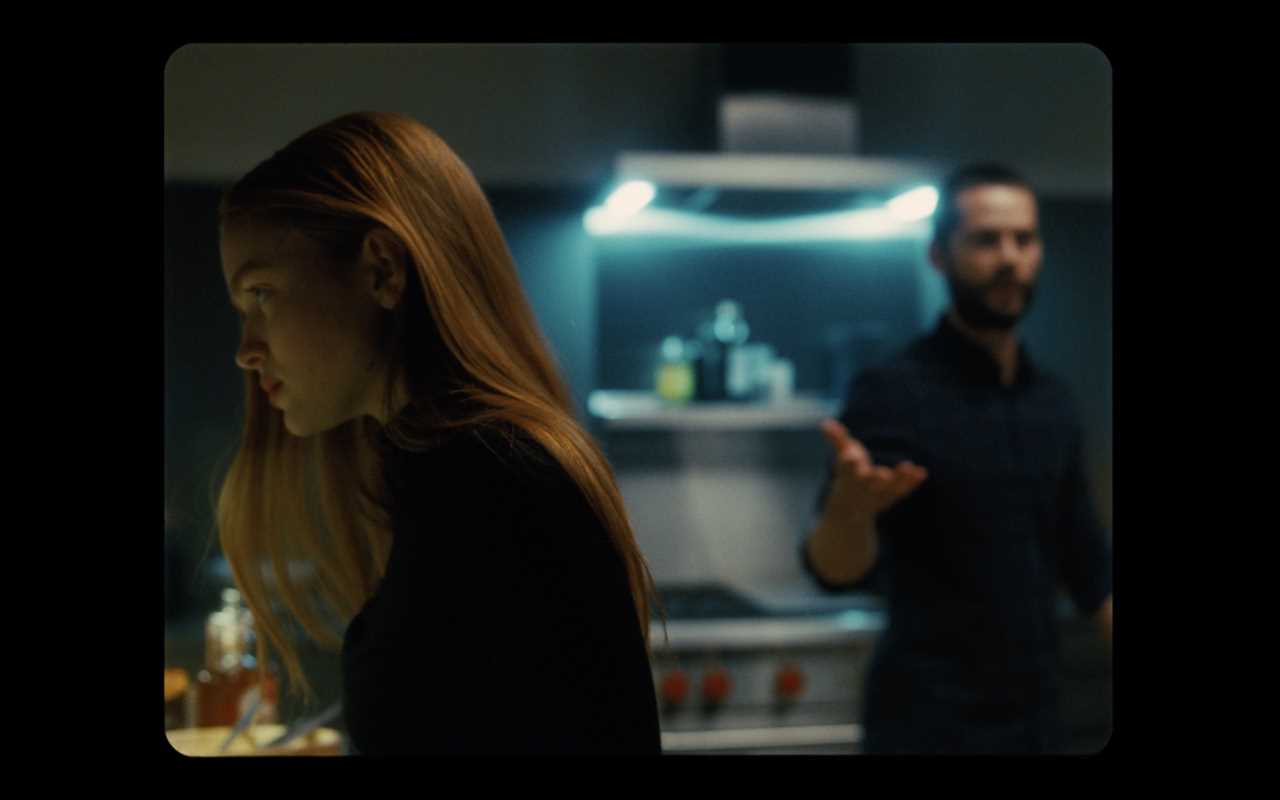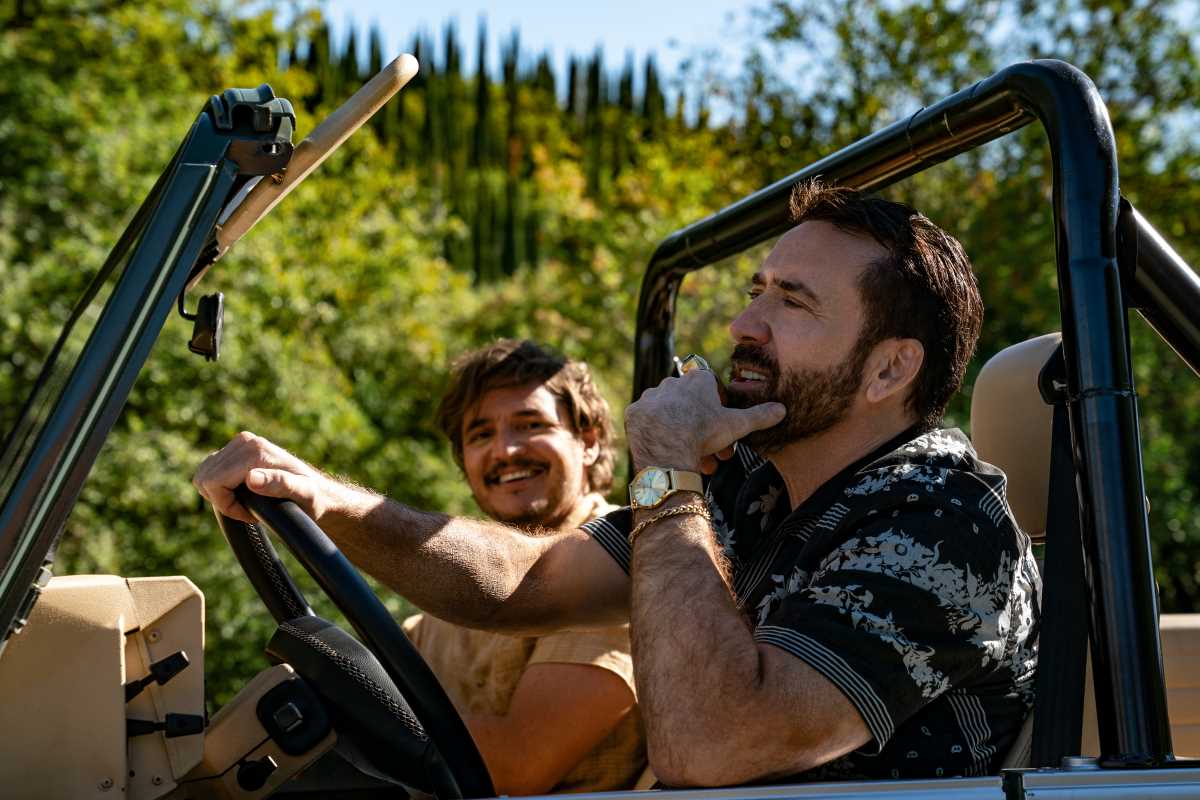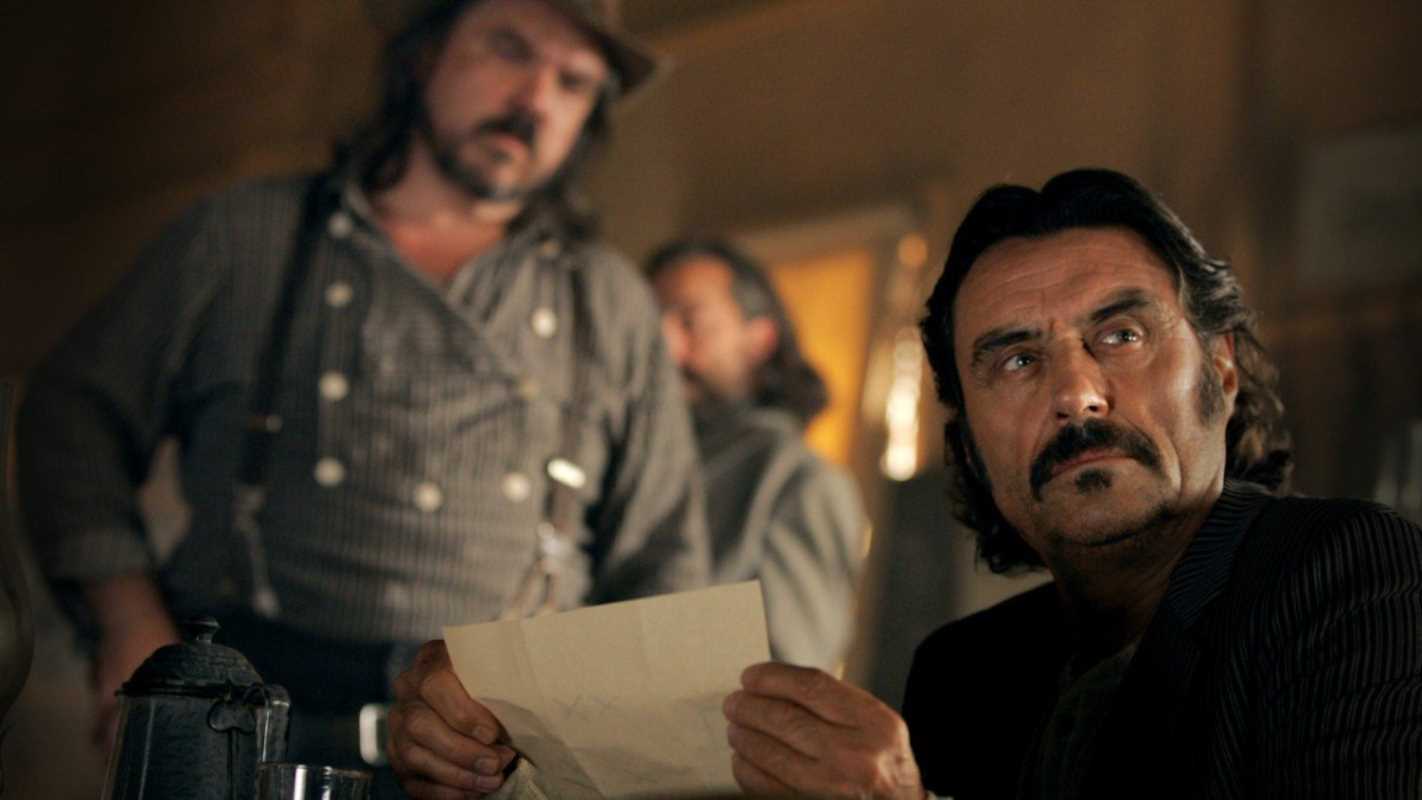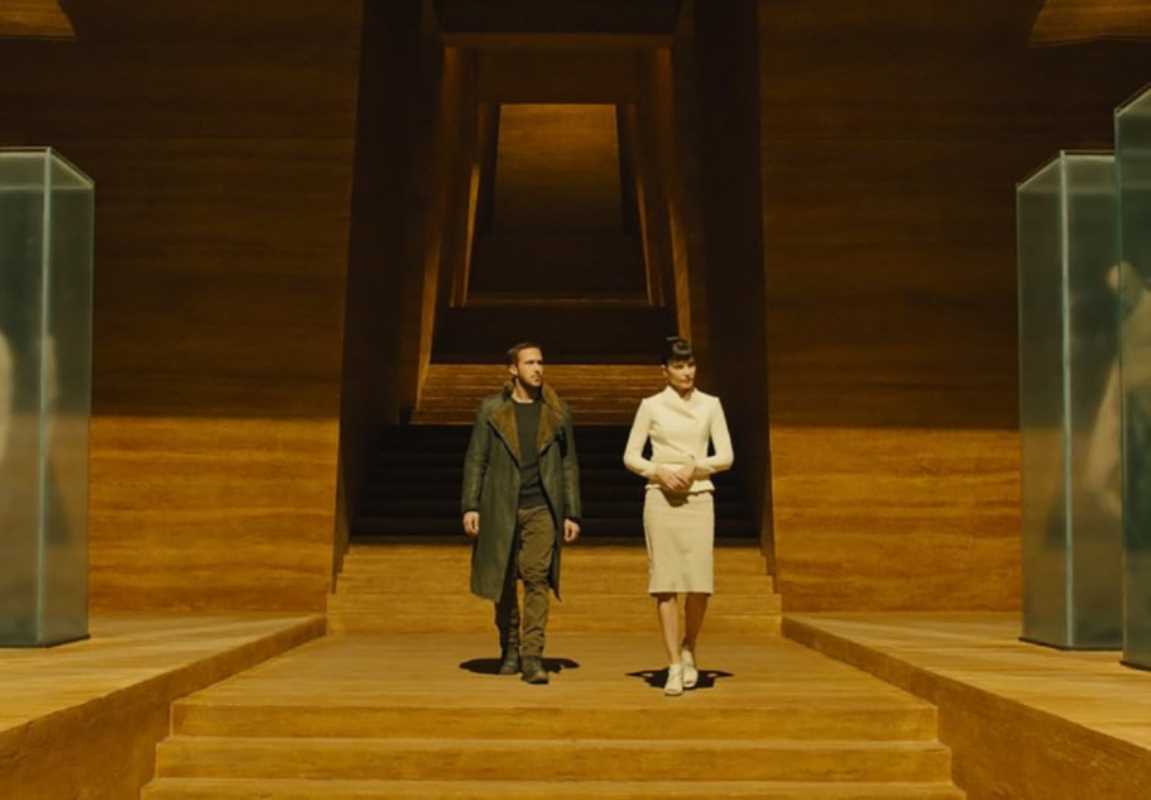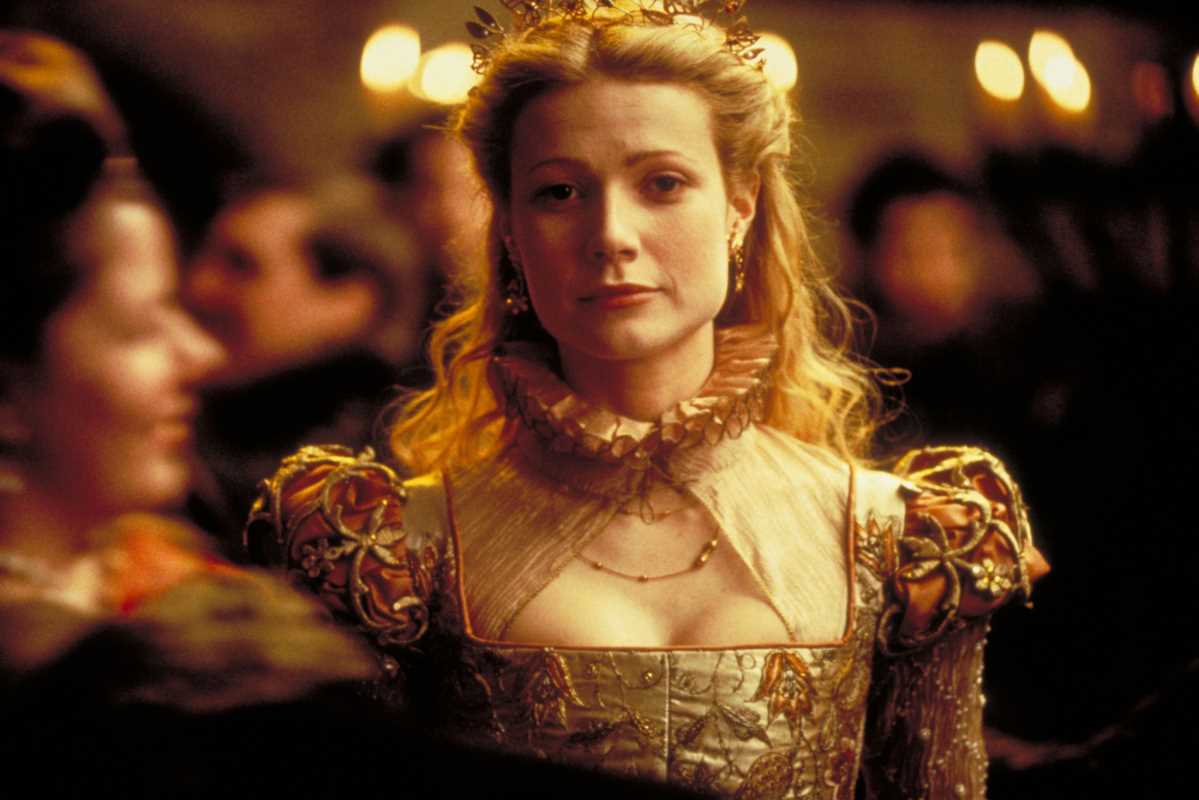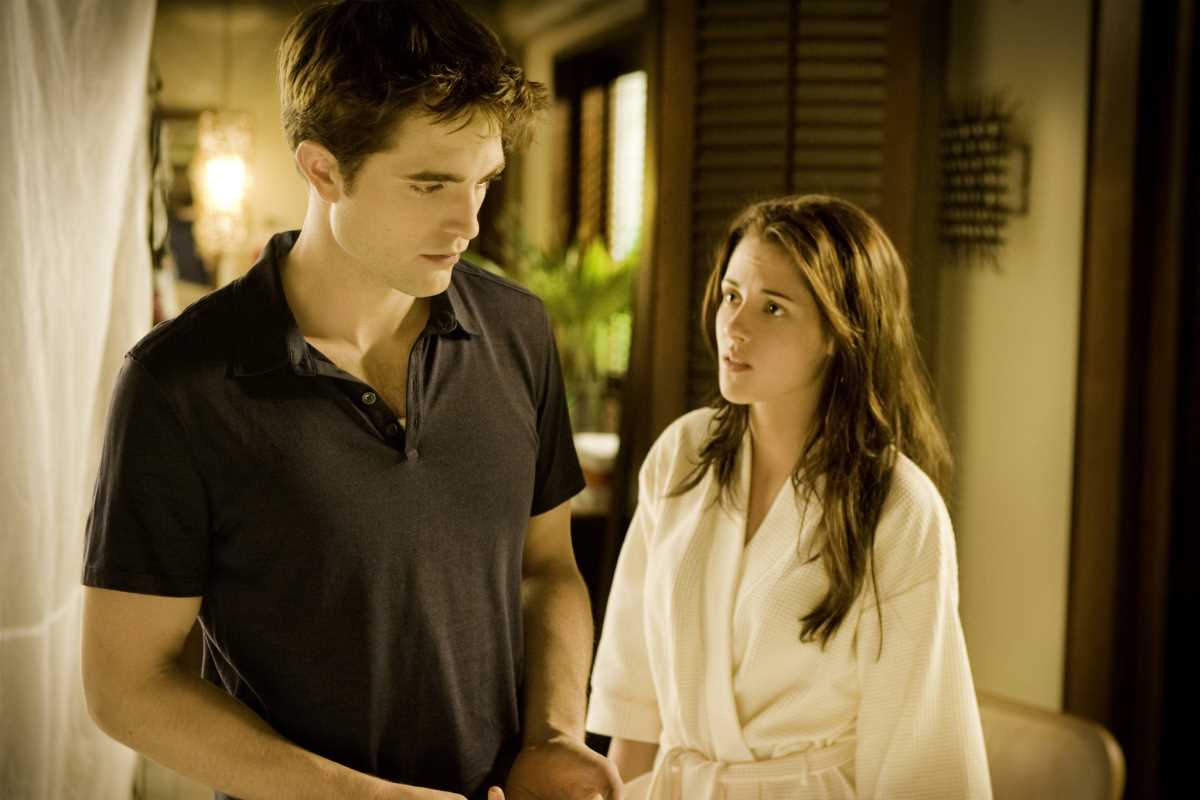The process of casting a film is a complex series of events, where decisions by actors can alter the course of cinematic history. An actor's choice to decline a role, for reasons ranging from scheduling conflicts to a lack of interest in the material, can open the door for another performer to achieve iconic status. This document provides an analysis of several notable instances where actors turned down roles that later became legendary.
1. Daniel Day-Lewis as Aragorn in The Lord of the Rings
- Context of the Role: Aragorn, son of Arathorn, is a central character in J.R.R. Tolkien's epic, The Lord of the Rings. The role required an actor who could portray both a rugged, world-weary ranger and a noble, reluctant king. Director Peter Jackson sought a performer with significant gravitas for the film trilogy.
- Reason for Declining: Daniel Day-Lewis, known for his immersive method acting, was reportedly offered the role multiple times. He declined, as he could not see himself committing to the project's extensive filming schedule in New Zealand. Furthermore, Day-Lewis has historically preferred character studies over large-scale fantasy productions. He has stated in interviews that he does not typically enjoy participating in or even watching films with heavy special effects.
- The Legendary Outcome: The role ultimately went to Viggo Mortensen, who was cast at the last minute after Jackson’s initial choice, Stuart Townsend, was deemed too young. Mortensen fully inhabited the character, delivering a performance that is now considered definitive. His portrayal of Aragorn's journey from exile to king became a cornerstone of the trilogy's success, and it is difficult for audiences to imagine another actor in the role.
2. Will Smith as Neo in The Matrix
- Context of the Role: Neo is the protagonist of The Matrix, a hacker who discovers he is living in a simulated reality and is prophesied to be "The One" who can free humanity. The role required an actor who could handle intense action sequences and convey a sense of awe and confusion.
- Reason for Declining: Will Smith, then one of the biggest movie stars in the world after hits like Independence Day and Men in Black, met with the Wachowskis to discuss the project. In later interviews, Smith explained that he did not understand the complex philosophical pitch for the film, particularly the concept of "bullet time," and was not convinced it would be a commercial success. He chose to make the film Wild Wild West instead.
- The Legendary Outcome: Keanu Reeves was cast as Neo. His more stoic and introspective performance perfectly suited the character's journey of discovery. The Matrix became a cultural and technological landmark, redefining the action genre. Smith has since admitted that he likely would have "messed it up" and that Reeves's performance was superior to what he would have delivered. Wild Wild West was a critical and commercial failure.
3. Sean Connery as Gandalf in The Lord of the Rings
4. Emily Blunt as Black Widow in the Marvel Cinematic Universe
- Context of the Role: Natasha Romanoff, also known as Black Widow, is a master spy and a founding member of the Avengers. The role, first appearing in Iron Man 2, was set to be a recurring part in a new, interconnected cinematic universe.
- Reason for Declining: Emily Blunt was the original choice for the role and was officially cast. However, she was forced to pull out due to a contractual obligation she had with 20th Century Fox from her work on The Devil Wears Prada. This contract required her to star in another Fox film, which ended up being the poorly received Jack Black comedy Gulliver's Travels. The scheduling conflict made it impossible for her to participate in Iron Man 2.
- The Legendary Outcome: Scarlett Johansson was cast as Black Widow. She went on to portray the character in nine films over more than a decade, becoming one of the central figures of the MCU and a global superstar. The role became one of the most prominent for a female character in a blockbuster franchise, culminating in a solo film in 2021.
5. John Travolta as Forrest Gump in Forrest Gump
- Context of the Role: Forrest Gump is the slow-witted but kind-hearted protagonist of the film, who inadvertently influences several major historical events of the 20th century. The role required a delicate balance of innocence, comedy, and pathos.
- Reason for Declining: John Travolta was offered the lead role but turned it down. While his specific reasoning has not been publicly detailed, it is understood that he did not connect with the material at the time. He chose to star in Quentin Tarantino's Pulp Fiction instead, a decision that revitalized his career.
- The Legendary Outcome: Tom Hanks was cast as Forrest. His performance became one of the most iconic of his career, earning him his second consecutive Academy Award for Best Actor. The film was a cultural phenomenon and won the Oscar for Best Picture. While Travolta has since called passing on the role a mistake, his work in Pulp Fiction also became legendary, demonstrating how one actor's decision can lead to two iconic and career-defining performances.
6. Michelle Pfeiffer as Clarice Starling in The Silence of the Lambs
- Context of the Role: Clarice Starling is the determined young FBI trainee who seeks the help of Hannibal Lecter to catch a serial killer. The character demanded subtlety, resilience, and vulnerability.
- Reason for Declining: Michelle Pfeiffer was offered the part but turned it down, expressing that she found the film's subject matter too disturbing and dark for her tastes. She was reportedly concerned about the film’s more graphic elements and the psychological toll the role might take.
- The Legendary Outcome: Jodie Foster accepted the role, delivering a nuanced and powerful performance that earned her the Academy Award for Best Actress. The film has since become a classic of the thriller genre, and Clarice Starling is regarded as one of cinema’s most compelling heroines.
7. Tom Selleck as Indiana Jones in Raiders of the Lost Ark
- Context of the Role: Indiana Jones is the swashbuckling archaeologist and adventurer whose exploits have become legendary in cinematic history.
- Reason for Declining: Tom Selleck was director Steven Spielberg and producer George Lucas’s top choice for Indy, but contractual obligations with his television series, Magnum, P.I., prevented him from accepting the part. Despite interest from all sides, CBS would not release him from his commitment.
- The Legendary Outcome: With Selleck unavailable, Harrison Ford was cast. Ford’s portrayal brought humor, vulnerability, and charm to the character, turning Indiana Jones into a global icon and launching one of film’s most successful franchises. Selleck himself has acknowledged that, while disappointed, the role went to the right actor.
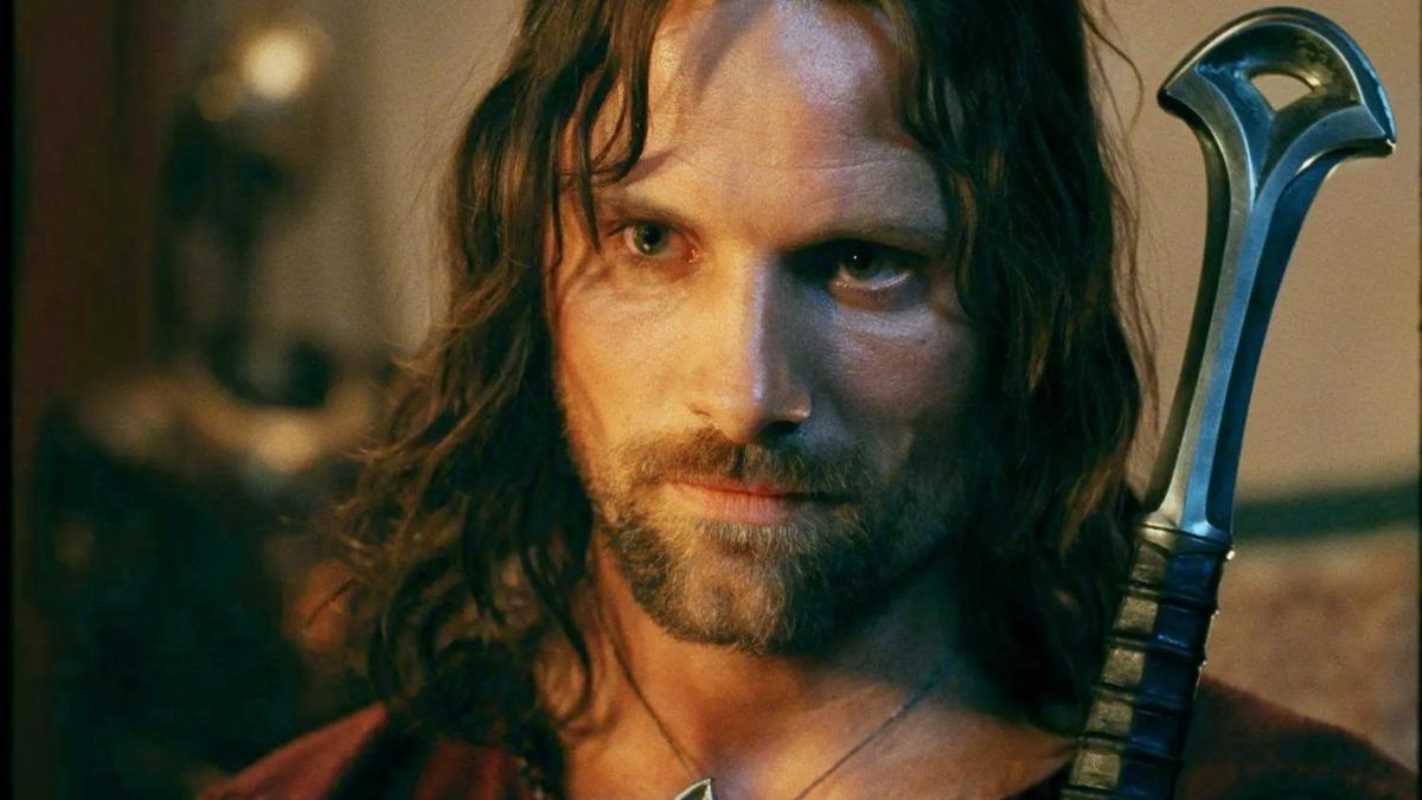 (Image via
(Image via
